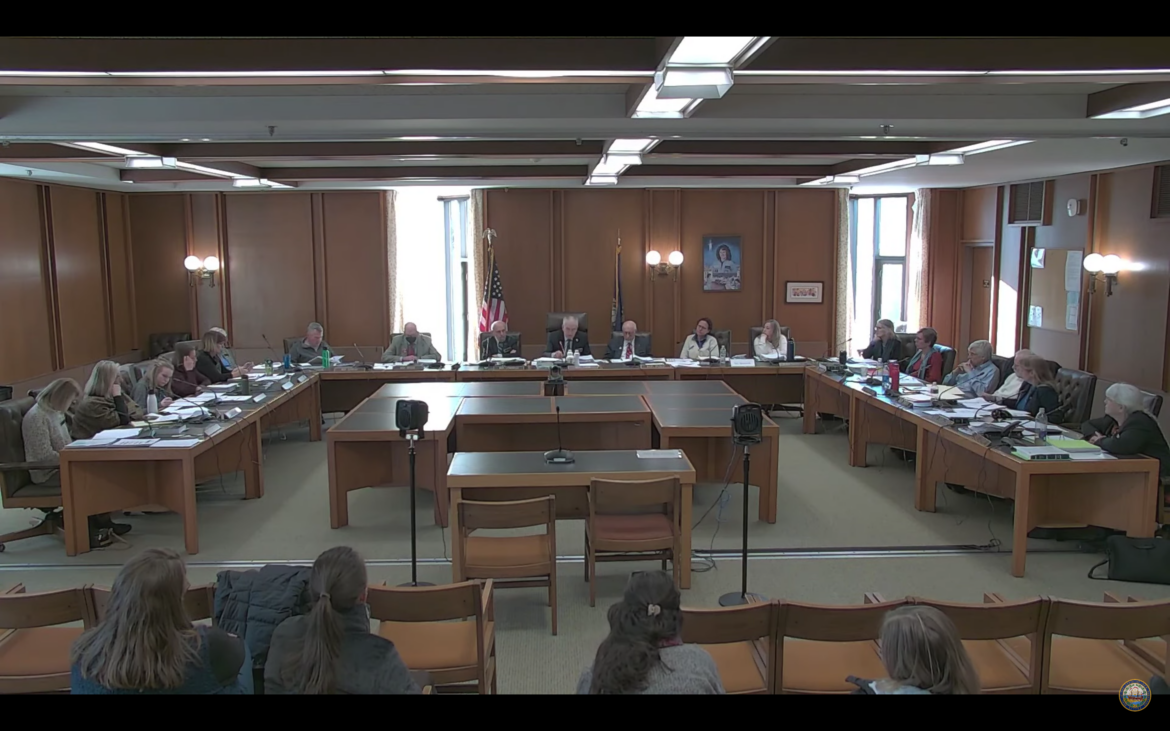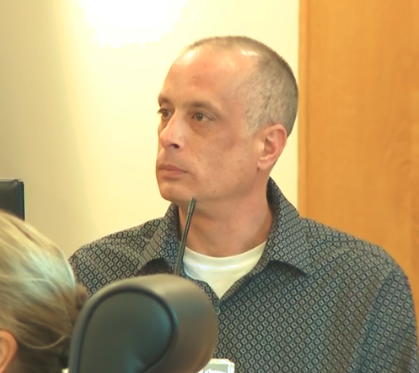By GARRY RAYNO, InDepthNH.org
CONCORD — Changes to the Education Freedom Account program split the House Education Committee Wednesday and will be debated on the floor of the House later this month.
The committee split 10-10 along party lines on House Bill 430, which would require most students to attend a public school for one year before applying to the program, and House Bill 367 which would raise income eligibility to 500 percent of the federal poverty level from the current cap of 300 percent.
The bills are the first of many that will be debated by the House and also the Senate on changes to what has been described as the most expansive school voucher program in the county.
The program has drawn many more students than the Department of Education estimated two years ago when the program was approved as part of the state’s two-year, operating budget package.
The program was budgeted for $3.3 million, but has cost about $25 million this biennium, and Education Commissioner Frank Edelblut asked budget writers for $30 million for each year of the next biennium.
About 75 percent of the program costs are private and religious schools tuition subsidies for students enrolled in those schools and homeschool programs before the EFA program began last fiscal year.
Committee member Rep. David Luneau, D-Hopkinton, said his bill HB 430 would return the program to its original intent to allow lower income families to find the best educational fit for their child outside of public and charter schools.
“The program turned into free tuition paid for by public taxpayers for those already in private schools,” Luneau said. “If the commissioner had actually said this program is for students largely in private schools or going to attend private schools anyway, this program would not have gotten any attraction at all.”
Luneau’s bill would allow students entering kindergarten or first grade to apply for the program without having to attend public schools, particularly if an older sibling is in the program.
But Republicans on the committee said Luneau’s bill would force students back into public schools who may not have ever attended those schools because they were not a good fit.
Committee vice chair Rep. Glenn Cordelli, R-Tuftonboro, said this legislation goes against the purpose of the EFA program.
It is to provide every child with the options they need to succeed, he said, “and no one knows better what their child needs than parents.”
He said recent rulings by the US Supreme Court would make it unconstitutional to not fund a student seeking religious education while separately funding other students in public schools.
“A right delayed is a right denied,” Cordelli said.
Committee member Rep. Mel Myler, D-Hopkinton, said this is the first in a series of bills that have been introduced this session to provide more transparency, accountability and to put some guardrails up.
He noted the House never debated the program two years ago as the committee decided to retain the bill and the senate put its version into the budget package.
Noting the very close partisan split in the house, Myler said, “We have an opportunity to repeal this bill, but we choose not to do that. What we chose to do was provide some guardrails so it would be more effective.”
As it is, he said, there is no oversight for the taxpayers in the current program.
Committee member Rep. Alicia Lekas, R-Hudson, said she could not see how the bill provided more transparency.
When this has been tried in other states, it has been a disaster, she said, noting one state required students with vouchers to go to public schools for their textbooks.
Other committee members could not see the value of forcing a student to stay in public school for a year, when it is not the best fit for the student and others raised questions about students moving to the state who were in voucher programs in surrounding states.
Rep. Valerie McDonnell, R-Salem, questioned why what the commissioner of education said about the program was important or the legislative intent.
She said that should be irrelevant because the question is before the committee now and the members would decide.
Luneau objected saying legislative intent is very important noting the commissioner presented information that was the basis of the program saying all the students in the program would leave public schools and not that they would be from private schools and the budget was based on those assumptions.
He said there was no discussion “about taxpayers picking up tuition bills for kids already in private schools.”
Committee chair Rep. Rick Ladd, R-Haverhill, raised the issue of New Hampshire students attending schools in Vermont, under an agreement with a New Hampshire school district.
Luneau said it would be difficult to deal with all the potential carve outs and suggested rules could address those issues.
The committee voted down party lines 10-10 on two motions to kill the bill and to pass the bill.
The committee will present two reports with the first motion to be to pass the bill when it comes to the full House.
A similar situation will happen with House Bill 367 which would raise the income cap from 300 percent to 500 percent.
Lekas said her bill would help the middle class which makes too much money to receive scholarships and not enough money to provide the best educational options for their children.
Raising the threshold to 500 percent of poverty level would bring the cap to about $140,000 for a family of four and $68,000 for a two-person family. At 300 percent the figures are about $80,000 for a family of four and about $59,000 for a family of two.
An amendment to raise the cap to 350 percent, passed on a 11-9 vote, but the motion to pass the bill as amended failed on a 10-10 vote.
The committee meets Friday to continue deciding what recommendations to make on bills that have had public hearings.
Garry Rayno may be reached at garry.rayno@yahoo.com.





